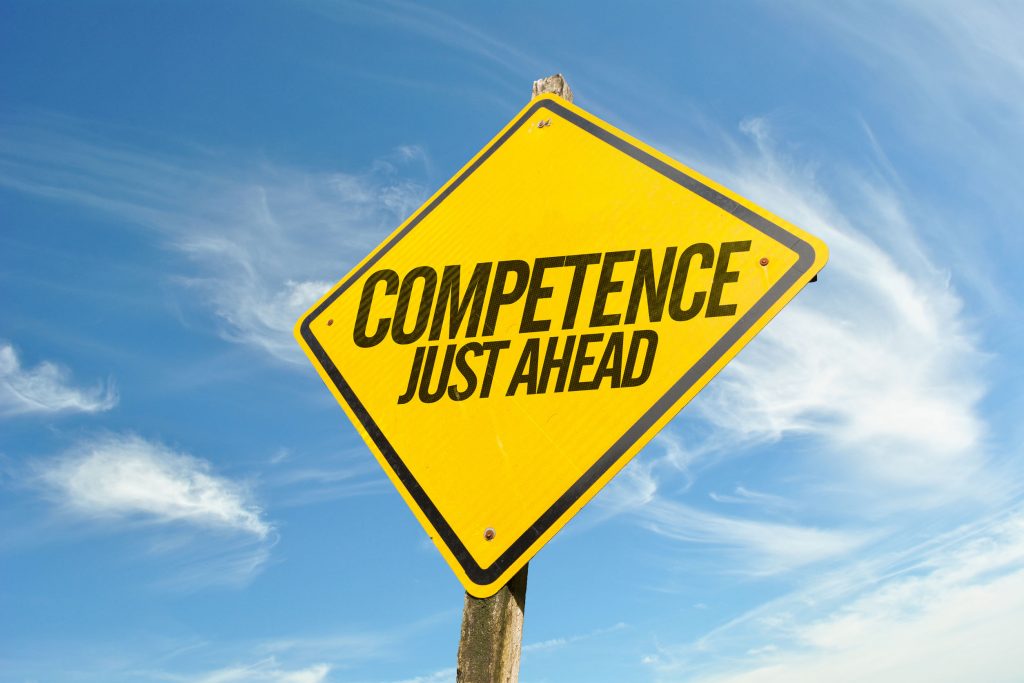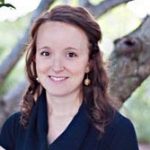minding the gap
“Forgive yourself for not knowing what you didn’t know before you learned it.”—Elisha Goldstein

Lately, I have felt like a novice at some new things being asked of me. There are things I want and need to lean into, yet I hate how this makes me feel. My very wise supervisor has said that in order to live fully, people have to be open to development. Mastered habits that have kept me safe and protected feel cozy, but they don’t lend to real living.
I see this as I sit with parents of developing children. There are so many opportunities for new learning when we’re young, yet just as many opportunities for fear. I have noticed there’s a whole group of kids who get anxious just about being a novice. Sure, we have clinical words and names for childhood anxiety. This subset of kids, though, seems to do something different with the gaps that come when they have to learn something new. Being a kid must be humbling, like all the time. It’s hard for me to remember what that felt like, since mastery has always been a way I have tried to cope. But growing up, all of us constantly faced new phases where we had to be open to new learning, think about things differently, fumble through a new skill with awkwardness, ask for help, and be willing to not know.
I guess for some, this gap between the not knowing yet and the struggle toward conquering is a manageable part of life. But some of the kids I’m coming to know through my work, and some adults as well, get hijacked simply by the fact that a gap exists. We think, “Wait…this feels awkward. Why don’t I understand this yet? How in the world am I going to get through this thing I can’t wrap my mind around? Will I ever get to the next phase where I’ve mastered this?” It’s almost as if the gap between encountering some new challenge and following it through to completion creates an opportunity for shame. The fact that the gap is there, even though it is universal to everyone, tells some of us that something is wrong with us, with the world, with God. We get stuck defining the gap as negative, instead of starting the brave footwork to move through it.
Where in your life right now are you feeling like a novice? This is such a dependent place to be, a place most of us do not like. What does it look like to acknowledge this exposure without being flooded with shame or anger? Maybe you’re being harsh with yourself and need a more gentle approach to begin the hard work of moving into a new territory. Your body and soul are, for sure, not going to respond to bullying, and you’ll be most likely to move into new stuff when you kindly accept, rather than judge, where you are. Maybe you need to normalize the gap, to raise your eyes to others around you and see the universal nature of having to learn new things. Being a novice doesn’t mean you aren’t enough, are a fool, or won’t be able to do something new and hard. It is a sign you’ve decided to really live, to keep growing in the direction being asked of you.
We don’t get to choose what drives us to feel like we have to cover, run, or cope by being masters. We are asked, however, to take responsibility for how we want to build our lives so we can live fully. God gives openness and meets us in the gap, being our companion through to the new life He wants for us. The truth is, development doesn’t stop at 18 or 25. So, in order to have strength for the journey, you will need to befriend your novice self and keep walking one step at a time.
 Meredith joined The Barnabas Center staff in January 2009, upon completing her Masters in Counseling from Gordon-Conwell Theological Seminary and her Bachelors in Religion and Psychology from Furman University. She counsels, leads women’s groups and teaches a seminar called “Hope in the Darkness” for those walking with individuals suffering from depression or bipolar disorder.
Meredith joined The Barnabas Center staff in January 2009, upon completing her Masters in Counseling from Gordon-Conwell Theological Seminary and her Bachelors in Religion and Psychology from Furman University. She counsels, leads women’s groups and teaches a seminar called “Hope in the Darkness” for those walking with individuals suffering from depression or bipolar disorder.



